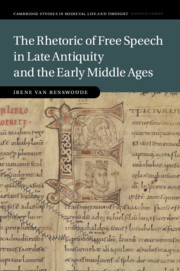Recent literature claims that China censors informationthat has the potential to ignite collective action.This article extends this finding by arguing thatChinese censors respond differently to politicalchallenges than they do to performance challenges.Political challenges call into questioning theParty's leading role, whereas performance challengesare directed at the failures of public goodsprovisions. A survey experiment of about 60 mediaprofessionals finds that censors are inclined toblock political challenges and to tolerate criticismof the government's performance. However, whencriticism contains both performance and politicalchallenges, censorship is far more likely. Byexploring the range of censorship activities, theresults suggest that the Chinese regime's relianceon popular support constrains its censorshipdecisions.
